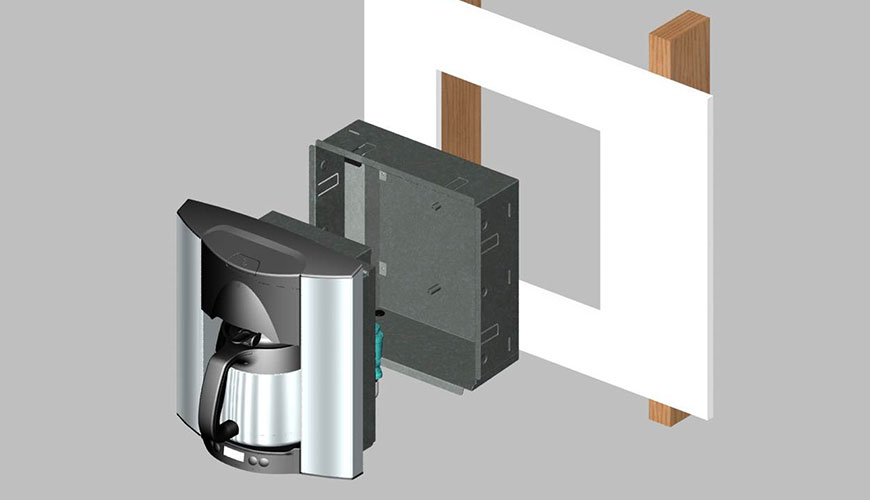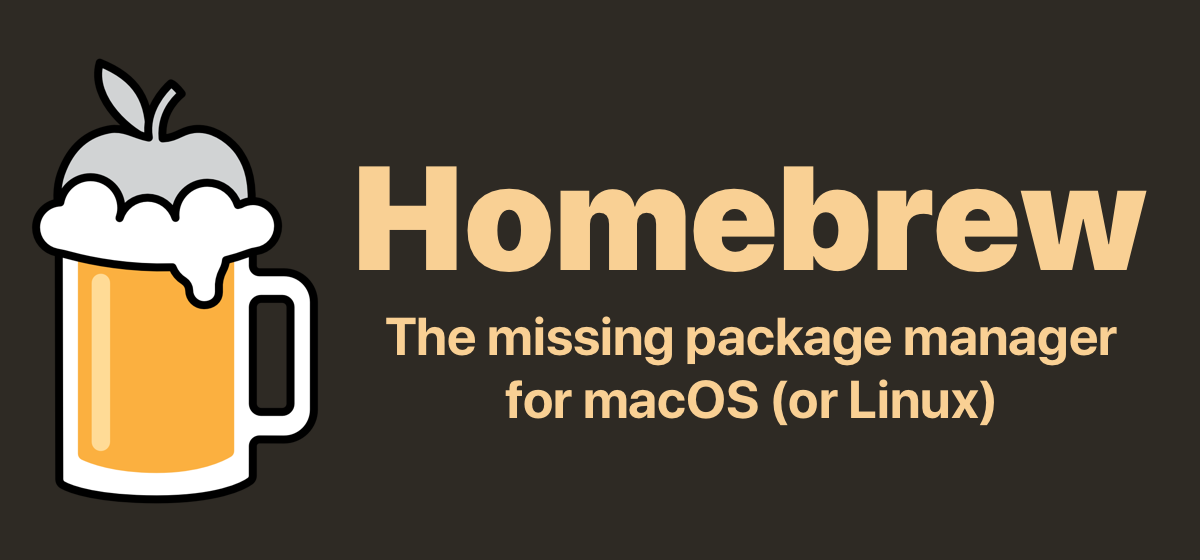
- Brew install wget mac os x#
- Brew install wget install#
- Brew install wget upgrade#
- Brew install wget software#
Brew install wget install#
Homebrew will fix that if you install it and then ask it to update itself and its dependencies with brew update. That’s because the version of curl on your system won’t successfully talk to GitHub using HTTPS.
Brew install wget mac os x#
Whether it does and which it suggests would be dependent on your OS version and the versions of the C and C++ compilers installed on your system.Īccording to the Homebrew installation page, if you have an older version of Mac OS X (Lion 10.7 or before), then you need to add the -insecure argument (or equivalently -k, making the full argument list -fsSLk) to the curl command. It is possible that the Homebrew installation will ask you to install Xcode or the Command Line Tools for Xcode. Homebrew also confines itself to Ruby code supported by the Ruby version that ships with the oldest OS X version that it supports, 10.5 Leopard. Just follow the instructions on the website. Homebrew basically just runs a Ruby script after downloading it from GitHub you’ll note in the screenshot below that Homebrew uses curl for the download, not wget, for reasons I discussed earlier. Since Homebrew itself is only for MacOS, it has fairly simple installation instructions - at least, if your OS version is more recent than OS X Lion 10.7. If you wish, you can create your own Homebrew packages and write your own Homebrew formulae.
Brew install wget upgrade#
You can also use the Homebrew cask facility ( brew-cask) as a way to install, uninstall, and upgrade precompiled MacOS binaries (such as apps, but not App Store apps) from the command line. package definitions) from its core public repository, plus any tap repositories you care to use.

You can use Homebrew ( brew) to install, uninstall, and upgrade any of thousands of “formulae” (i.e. Nevertheless, Homebrew is the most popular third-party package manager for MacOS, and supplies functionality missing from the App Store. And for that matter, the App Store is a package manager, albeit specialized to, um, App Store apps. Homebrew is certainly a package manager for MacOS, but there are others, such as MacPorts and Fink. Homebrew calls itself “ The missing package manager for MacOS” (emphasis mine). Of these, the most frequently recommended was Homebrew. When I searched the web for “wget not found mac” I quickly discovered that there were several ways to solve my problem, including building wget from the source code. What it has for a package manager is the App Store, but that’s only for applications (apps). Translating wget options to curl options was an annoying extra step I didn’t need the lack of recursive downloads in curl was a complete showstopper for downloading the HTML documentation.Īpple has no official mechanisms for adding new command-line utilities. Unfortunately for me, wget doesn’t come installed on a Mac, although the somewhat similar curl utility does. The installation command provided was based on wget, a utility for non-interactive download of files from the web. The first time it happened I was following online installation instructions that purported to work on Linux and Linux-like systems (such as Mac OS X, as it was known at the time), but had only actually been tested on one or two distros of Linux.
Brew install wget software#

Warning: The following may be wget configuration files and have not been removed!


Uninstalling /opt/homebrew/Cellar/wget/1.21.1. If you want to uninstall wget use the command, % brew uninstall wget To install wget on macOS you can make use of the brew installer,


 0 kommentar(er)
0 kommentar(er)
